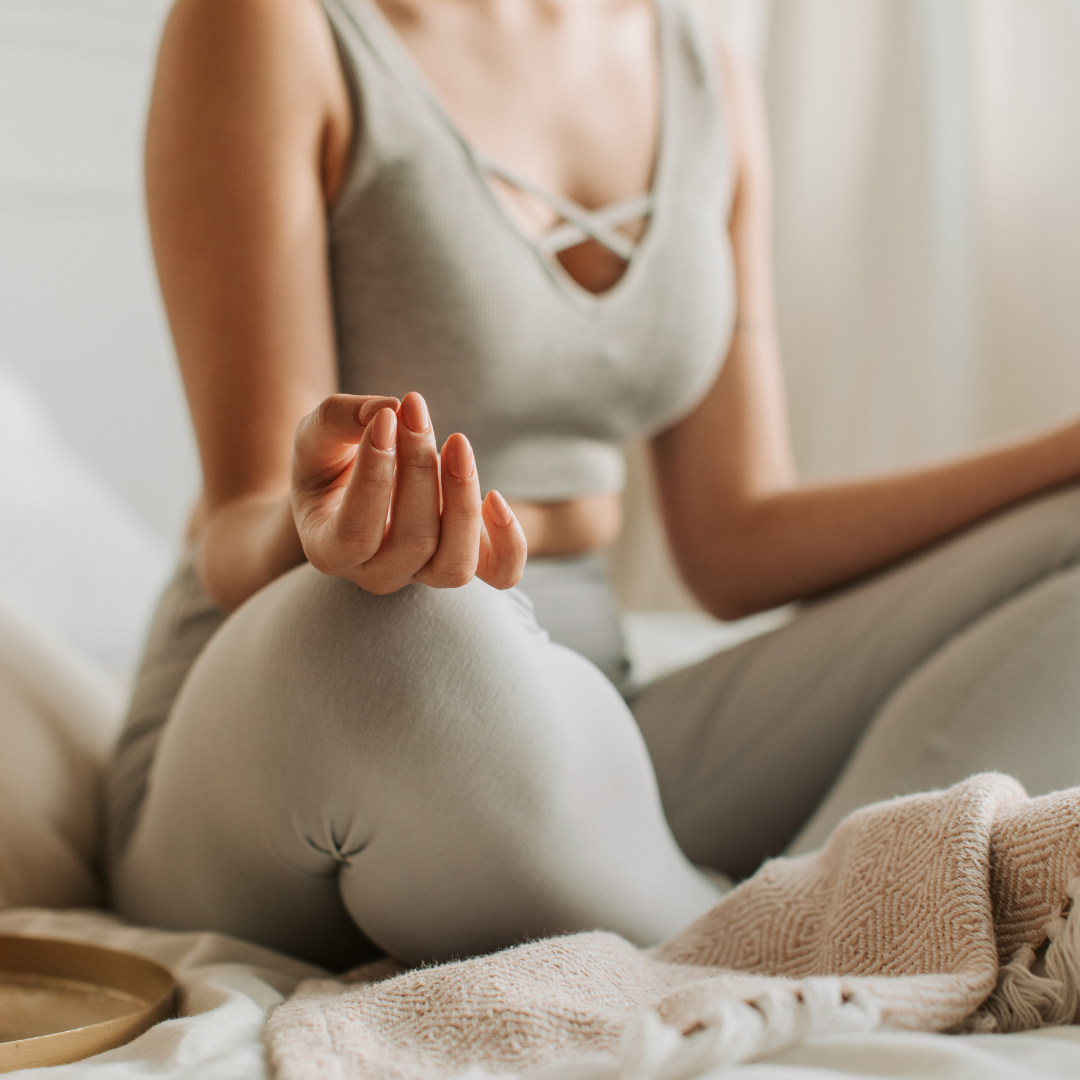In the last few years, the concept of wellness has moved from a niche lifestyle pursuit to something that has become entrenched in our HR handbooks. But what is wellness? Is it morning yoga, cleansing juices, vitamin supplements, being kind to yourself, or a determining factor in every decision we make? Wellness is not a craze, nor is it a religion. Put simply, it is an awareness of unhealthy behaviours and a recognition that being well is the key to a happy life.
Let’s deconstruct what is meant by the concept.
1. Physical health
Eat well
This is perhaps what we tend to think of first as wellness. Eating healthy, nourishing food, avoiding alcohol and cigarettes, exercising, and getting plenty of rest. It all makes good sense. Millennials drink less than the generation before them and Gen Z drinks 20% less than millennials and we are all exercising more. Smoking is no longer cool. And we are saying ‘No’ to drugs.
Exercise
Regular exercise is associated with lower rates of depression and anxiety and is essential for slowing age-related cognitive decline. And this does not have to mean a gym membership, it can be as simple as:
· taking the stairs
· going for a quick walk during a coffee break or at lunch
· engaging in walking meetings (and a real boost for creative thinking)
· take a walk to speak to someone rather than email
· get off your bus at an earlier stop
Rest
We spend about 1/3 of our lives asleep. It is as essential for our wellbeing as eating and exercise. Sleep repairs our body and our brains. We need to ensure we get enough sleep and enough good quality sleep – and this is different for everyone. Without it, we tend to suffer from poor concentration, irritability, bad moods, anxiety, and depression. Sleep experts recommend:
· keeping your bed for sleep – in other words, do not watch TV from bed, or answer emails, your bed should be a stimulus for sleep, not wakefulness
· keeping your room cool and quiet – put your electronic devices in another room
· avoiding alcohol and caffeine before bedtime
· de-stressing through relaxation techniques, a gentle walk or a warm bath
2. Mental health
Mental health and wellbeing are about being mindful of the lifestyle factors that contribute to stress. Juggling family life and work commitments, and money worries can all lead to burnout, increased depression, and anxiety. The pandemic has not helped.
Eat well and exercise
One thing is clear: good nutrition and exercise (see above) are essential in how we function mentally and emotionally. The adage healthy mind, healthy body should be healthy body, healthy mind.
Make connections
Connecting with people and having good relationships are also important. We are social animals. We enjoy sharing stories and positive experiences and we enjoy strong and close relationships with others. Think about:
· taking time to be with your friends and family
· have lunch with a workmate
· volunteer or
· use technology to reach out to friends and family who live further away.
Do something new
Research has also shown that learning new skills helps improve mental health. It raises self-esteem, builds a sense of purpose, and helps you to connect with others. This might be learning Excel, a cooking class, learning a new language, a DIY project, or mentoring a colleague.
And it should be something you enjoy, not something that increases your levels of stress.
3. Emotional health
This is sometimes the one we overlook.
Our emotional health is about how we feel and relate to others and ourselves. How we interpret the world around us. An emotionally healthy person has more resilience to change, is confident, happy, is positively engaged with the world, and has a strong sense of self-esteem. And as all things are connected, good emotional health is linked to good physical health.
How can we improve our emotional health?
The most important element is to have a strong support system of relatives and friends. People you trust have your back and will listen when you want to get something off your chest. Many firms also have EAP programmes that allow their team to speak to experienced professionals.
Managing your time and setting goals for yourself can help to reduce stress. Jotting down a list of ‘to-dos’ daily or weekly and then ticking them off your list gives you a sense of accomplishment and wellbeing. This could be as easy as promising yourself to take a 15-minute break in the morning and afternoon and take a walk.
Wellness in three – Eat well, Exercise well, and Sleep well
Wellness may not be as simple as ‘eat well, exercise and sleep’. But all three of these factors play an important part in our physical, mental, and emotional health. Understanding how these factors interplay and being mindful of how each one can impact our health can help us to make healthier choices.






